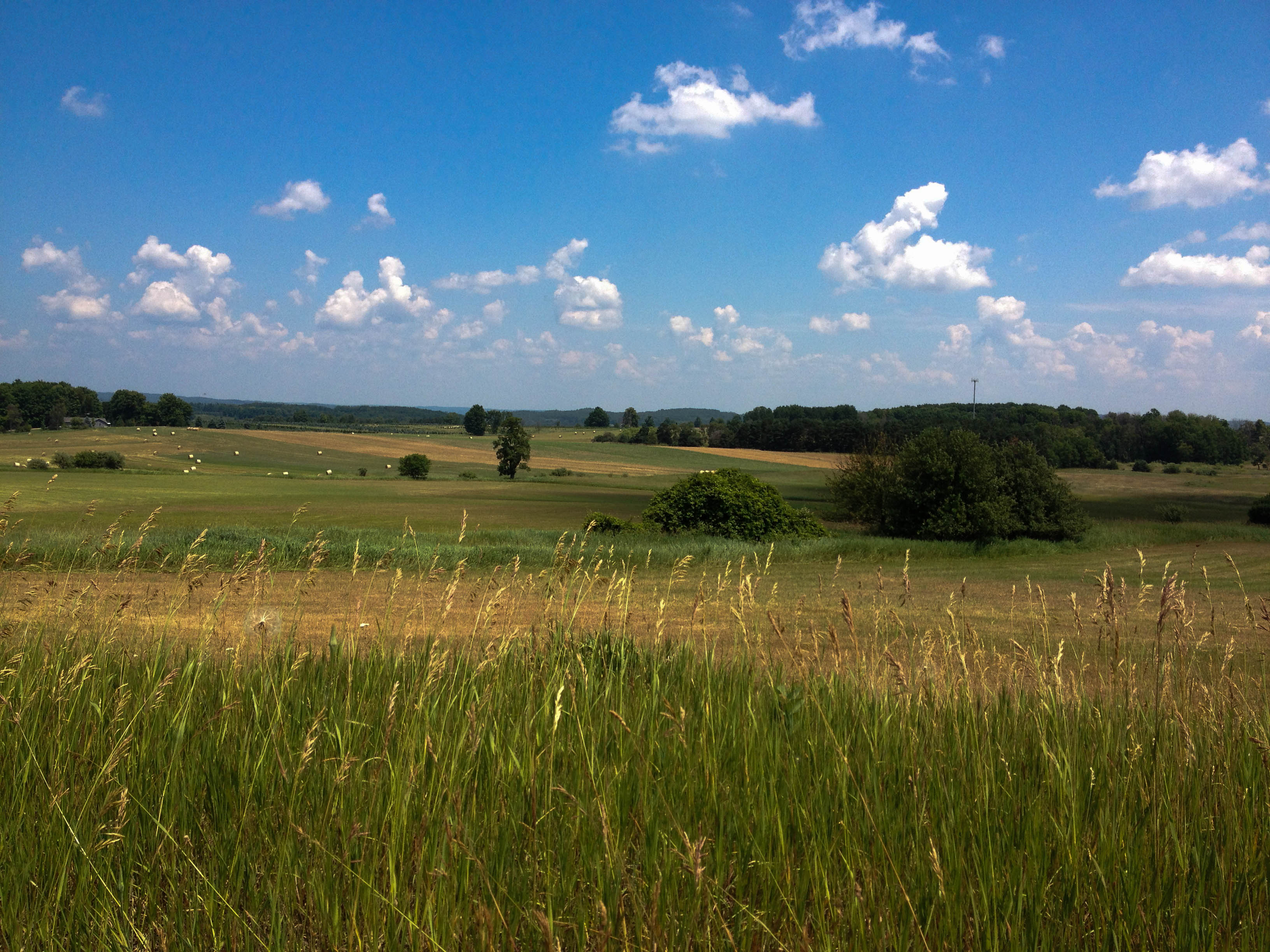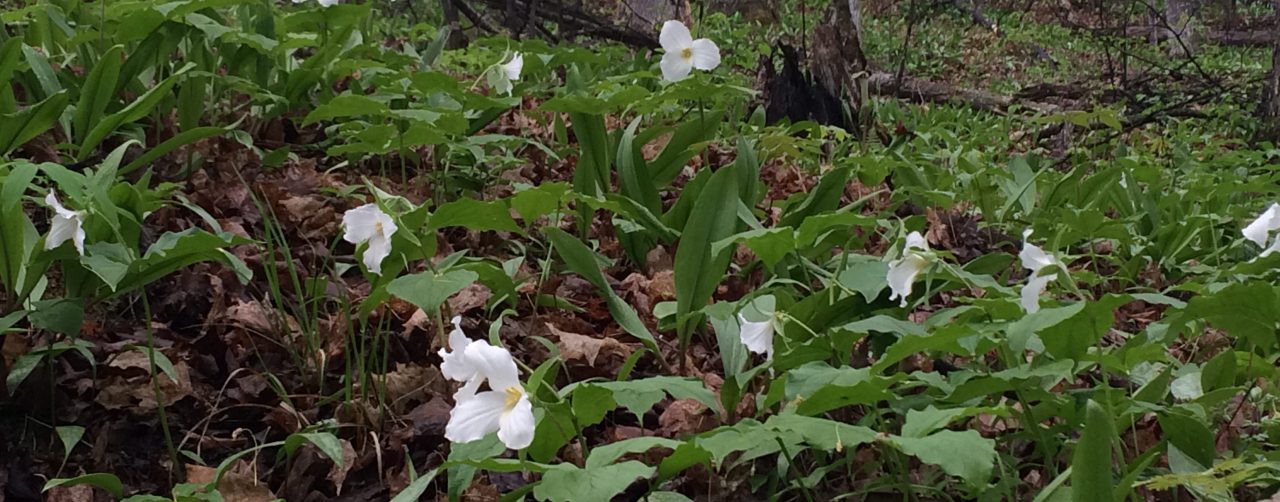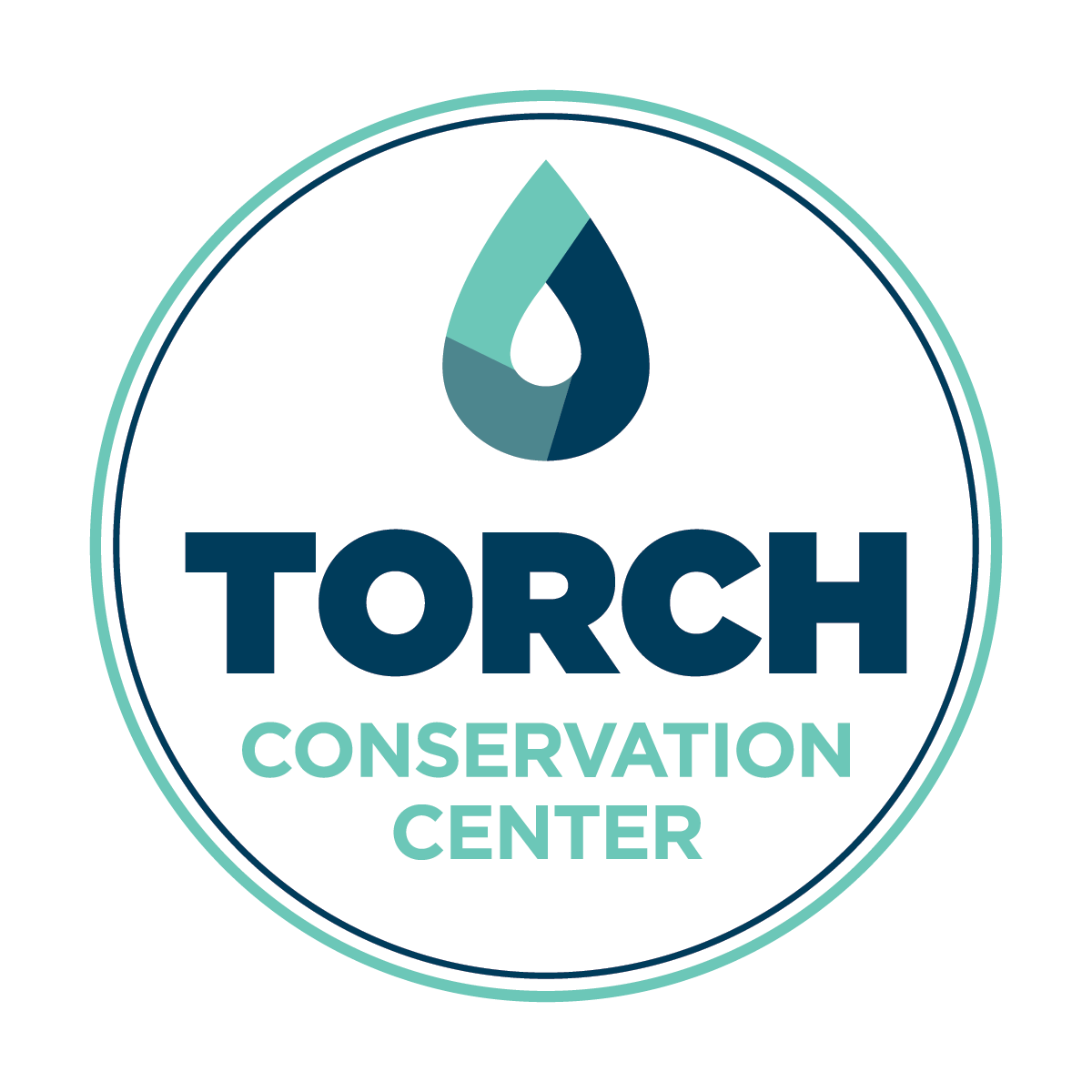Conserving Land
TRADITION- Leaving A Legacy by Conserving Land
Torch Lake is a reflection of her watershed.
When more land is maintained in its natural condition, water quality stays higher.
Conserving 50% of the land in the Torch Lake Watershed will ensure high water quality for future generations, but only 12% has been conserved.
We have more work to do!
Join the tradition and leave the legacy of conserved land!

A Flexible Approach
We’re open-minded and willing to consider innovative approaches for conserving your land. We’ll consider any parcel, regardless of size. A parcel adjacent to the watershed boundary (partner parcel) will be considered based on its importance to the parcel located within our watershed (parent parcel).
Conservation Options
You can utilize a combination of conservation options to achieve your personal goals. Learn more about the four options.
OPTION #1– Protect the land permanently (long term)
Conservation Easement (restriction) – A legal agreement between a land owner and a land conservancy that permanently limits a property’s uses in order to protect its conservation values. The conservancy is given the right to monitor the property and enforce the terms of the easement on the present and all future owners. They may be deductible as a charitable donation depending upon the donor’s particular tax status.
OPTION #2– Protect the land temporarily (short term)
Deed Restrictions– Restrictions in a deed that guides the future use of the property. These restrictions are less permanent than conservation easements/restrictions, because they must be renewed every 30 years. They may be released upon agreement of future property owners. Plus, they do not create a tax deduction in most cases.
Term Easements (restriction) These documents are similar to the permanent easements described above except they are for a term of years and do not generally provide tax deductions benefits.
Mutual Covenants– Adjacent property owners may want to conserve a shared feature such as a stream or wildlife corridor. They may run for no more than 30 years, unless rerecorded on the deed.
Lease or License to a Land Conservancy– It is permission or a personal privilege with respect to some use of the land that is revocable at the will of the landowner. A lease can provide for use of, or access to, land important to a conservancy.
Management Agreement with a Land Conservancy– These agreements are written for a defined term, usually short term, to help the conservancy care for the natural or scenic features of your land. They are renewable and usually provide for revocation by either party.
OPTION #3– Donations of Land or Interests in Land
Donation of Land by Will (bequests, devises or testamentary donations)– With a will you receive no income tax benefit at the time of the creation of the will, and you continue to be responsible for property taxes during your lifetime. Donating land to a land conservancy by will removes the property from your estate and can reduce the estate taxes faced by your heirs. A will is reversible and can be rewritten.
Donation of an Undivided Interest– To take advantage of the potential charitable tax deductions generated by a large charitable gift, the owner may spread the gift over a number of years by donating a series of portions of undivided interest in the property of a land conservancy. They are not separate parcels, but a percentage (10%, 20%, etc.) of the full interest in a property. Undivided interests are shared jointly with one or more parties. The majority owner does not necessarily control the property. Working with an experienced attorney to establish this is important.
Donation of a Remainder Interest–If a landowner gives land to a land conservancy, but retains the right (for himself or some other person or persons) to live on or use the land for their lifetimes or a specific number of years (reserved life estate), then the interest is called a “remainder interest.”
OPTION #4– Conservation Sales
Sale at Fair Market Value– The price at which a willing buyer would purchase a property and a willing seller would sell the same property, when neither party is under any compulsion to buy or sell, and each party has full knowledge of all of the facts relating to the sale.
Bargain Sale– The sale of land or interest in land to a qualified conservation organization at a price less than the fair market value. A bargain sale is partly a sale and partly a charitable gift. The difference between the fair market value and the bargain sale price may be tax deductible to the seller as a charitable contribution to a qualified conservation organization.
Installment Sale– A contract that allows land to be purchased now and paid for over a period of time by a specific number of installments.
Charitable Remainder Trust and Charitable Lead Trusts– These are specialized planned giving structures that can help a landowner mitigate taxes on income from the sale of assets by establishment of a Trust that has a charitable purpose. It is important to work with an experienced attorney to establish a qualified vehicle that meets your goals and objectives.
Option to Purchase– If the owner wants to sell the land, but the conservancy does not have the funds to buy it immediately, the owner may give or sell an option to buy the property. An option to purchase gives the conservancy the right to acquire a specific property at a specific price for a stated period of time.
Right of First Refusal– The owner agrees to sell the land to the conservancy at the same price and terms as those in a bona fide offer to purchase received by the owner. The conservancy has the right to match the future offer, subject to certain conditions.
Land Conservation is an important choice for many of our watershed’s landowners.

Contact our Land Conservation Program Director, Keith Ross. Keith is happy to share what he’s learned from more than 30 years in land conservation.
He’d like to hear from you!
Send email to: keith@conservetorch.org.

Links
Below is a sample of web sites you can visit that provide additional information on Conservation Options:
Grand Traverse Regional Land Conservancy
Northeast Wisconsin Land Trust
Society for the Protection of New Hampshire Forests
Don't just wish that Torch Lake will stay blue.
Choose a water-friendly lifestyle - make a difference!
